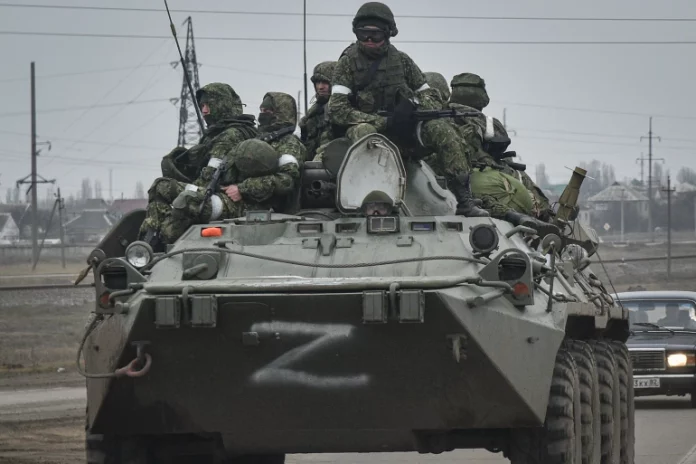Russian President Vladimir Putin on 21 September ordered Russia’s first mobilisation since the Second World War, calling up 300,000 reservists.
In a televised address to the nation, he said this was a necessary step to ensure Russian territorial integrity.
“If the territorial integrity of our country is threatened, we will use all available means to protect our people – this is not a bluff”, Putin said.
President Putin stressed that mobilisation would be partial – saying that only Russia’s reservists would be conscripted.
Russia already has national service, with many spending time in the armed forces for around twelve months, between the ages of 18-27.
“We are talking about partial mobilisation, that is, only citizens who are currently in the reserve will be subject to conscription, and above all, those who served in the armed forces have a certain military specialty and relevant experience,” Putin stated.
The total number of reservists that will be drafted in the partial mobilisation is 300,000, officials said.
It followed recent setbacks for Russian forces, who have been driven from areas they had captured in northeast Ukraine in a Ukrainian counter-offensive this month and are bogged down in the south.
Ukrainian presidential adviser Mykhailo Podolyak said the Russian mobilisation was a predictable step that would prove extremely unpopular, and it underscored that the war was not going according to Moscow’s plan.
The United States estimates that Russia has lost at least 50 percent of its estimated 150,000-strong invasion force inside Ukraine.
The Ukrainian military reports that the Russian military death toll in Ukraine currently stands at over 54,000, with 160 servicemen killed in the past day alone.

